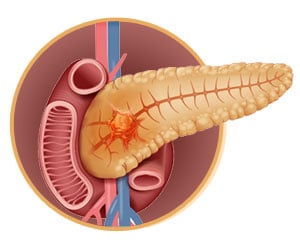A new study indicates that a combination of surgery and radiation yields better mobility, lower death rates in patients suffering from spinal cord compression.
A new study indicates that a combination of surgery and radiation yields better mobility, lower death rates in patients suffering from spinal cord compression.
Metastatic epidural spinal cord compression (MESCC) is a debilitating and common complication of cancer, occurring in 5 to 14 percent of cancer patients. Standard treatment for MESCC consists of corticosteroids and radiotherapy - after which only 50 percent of patients are able to walk. Surgery, in the form of the simple laminectomy procedure used before the availability of radiotherapy, was largely abandoned as a treatment after a small randomized trial published in 1980 demonstrated no benefit of laminectomy alone or in conjunction with radiotherapy.The results of the trial are definitive: direct decompressive surgery plus postoperative radiotherapy equal the best chances for regaining mobility in patients with metastatic cancer.
Eighty-four percent of patients who received both surgery and radiotherapy were able to walk after treatment, versus only 57 percent of patients who received only radiation. Patients in the surgery group also retained the ability to walk significantly longer after treatment, and were less dependent upon corticosteroids and opiod analgesics.





